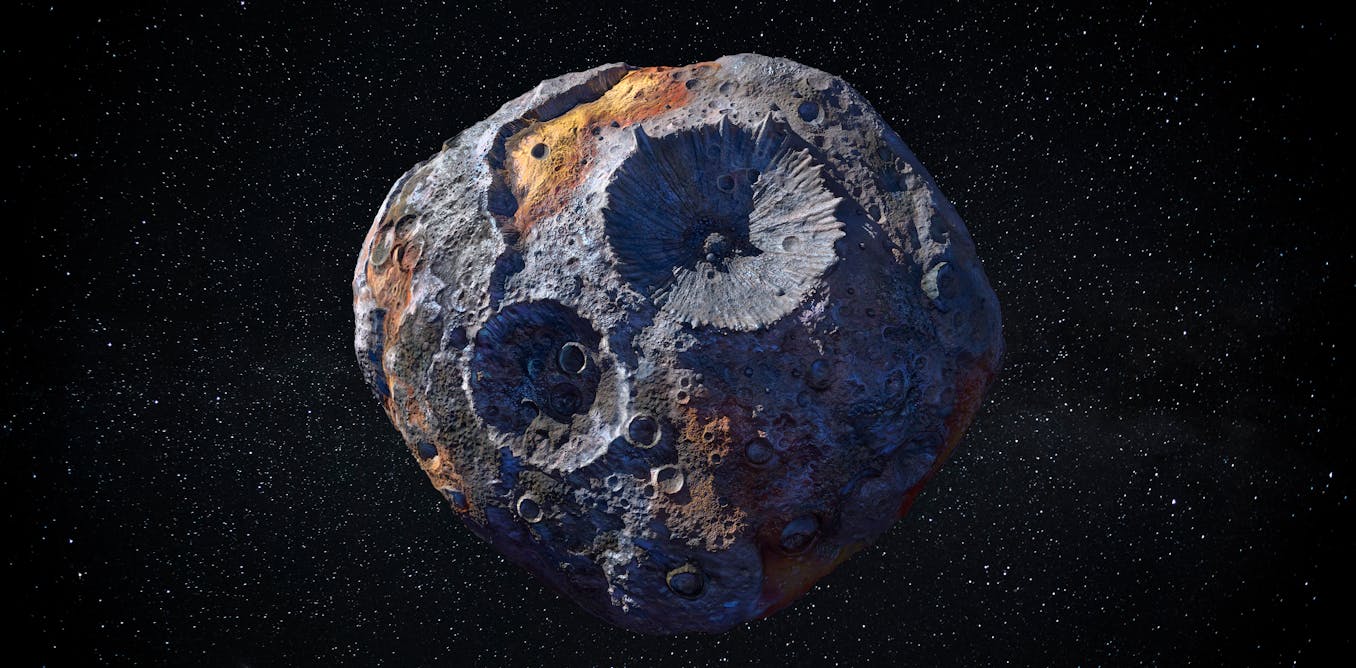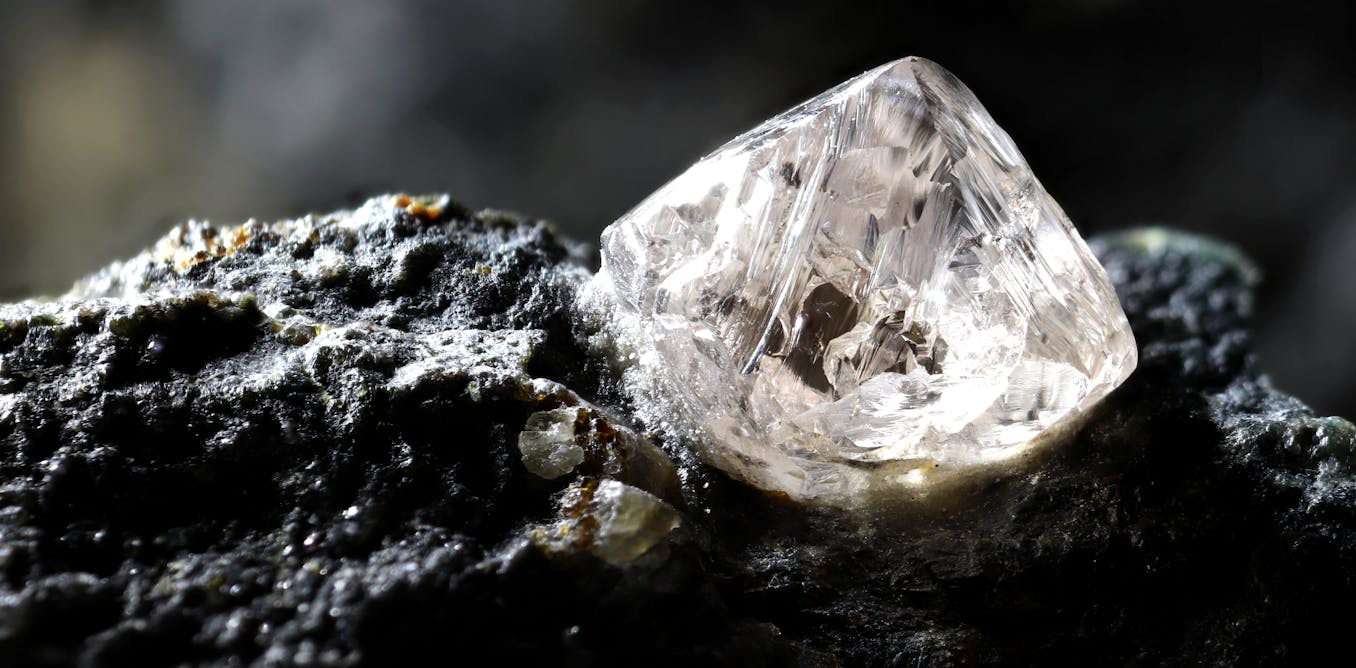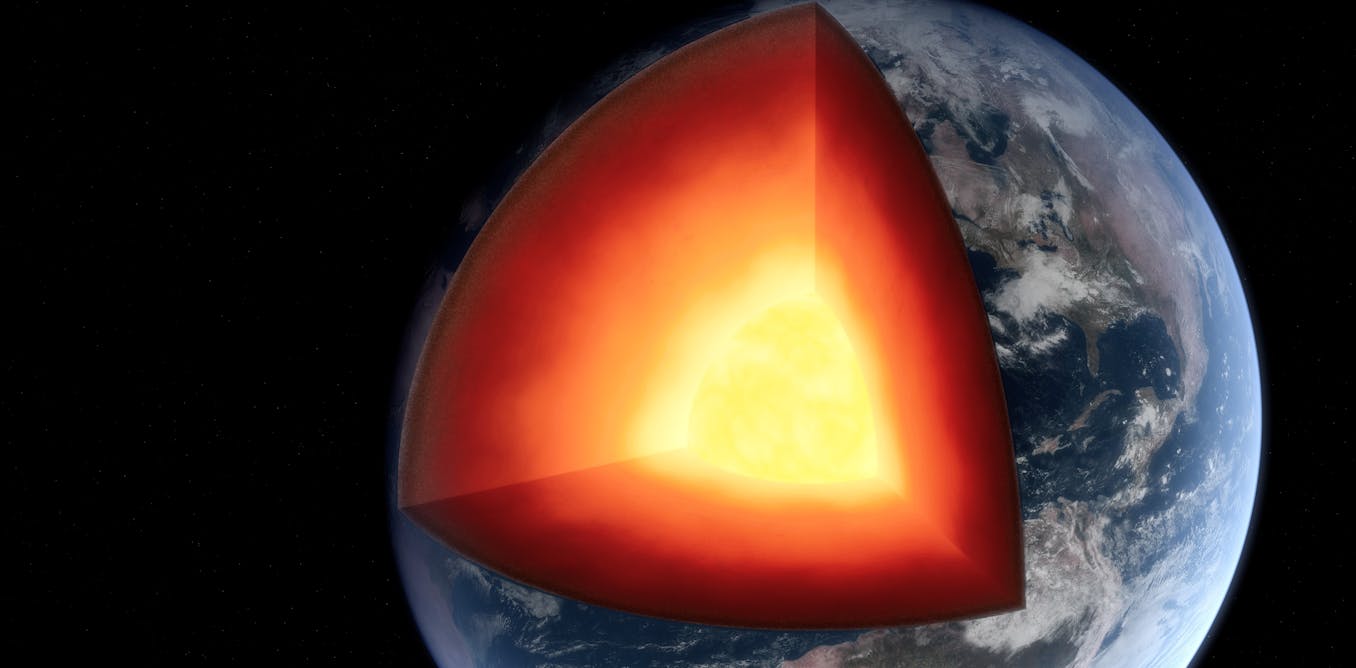NASA's Psyche mission to a metal world may reveal the mysteries of Earth's interior
Liftoff to the distant asteroid is scheduled for Oct. 5, 2023 – the beginning of a six-year journey to one of the most unusual objects in the solar system.
Aug. 17, 2023 • ~6 min





